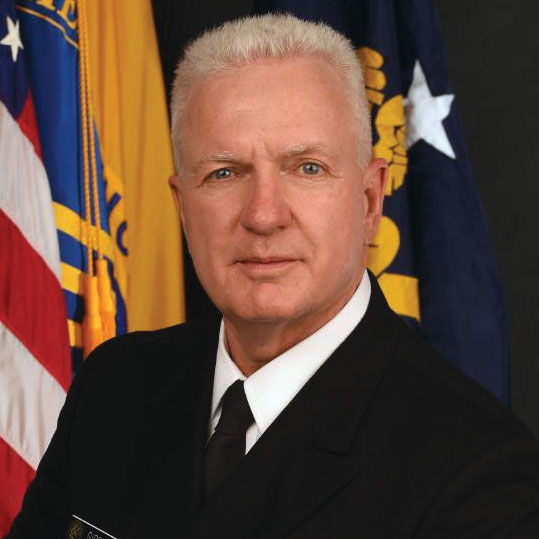
Although not a perfect instrument, “smart” antigen testing is critical to keeping the coronavirus in check in long-term care facilities as COVID-19 cases trend back upward this season, said Adm. Brett Giroir, M.D., assistant secretary for health at the Department of Health and Human Services in a Monday press briefing.
While he acknowledged that nursing homes and assisted living communities cannot be 100% protected, Giroir said widespread testing of staff, training in the use of personal protective equipment and deploying strike teams to facilities in the midst of outbreaks has worked to get COVID-19 case counts under control.
Overall “[we] can control the pandemic” if not yet defeat it, Giroir said. “I want to be clear that what the American people have done is put out very significant outbreaks — in Arizona, Texas, and all through the deep South. ”
To that end, the federal government is not only continuing, but expanding testing, he said. “We want more tests, not less, and we particularly need to increase testing for screening of workers and contact tracing,” Giroir said. “It is about getting the right tests to the right person at the right time, and that is exactly what we are doing.”
By the end of this week, HHS and the Department of Defense will have delivered 7.3 million rapid, point-of-care, BinaxNOW antigen tests to nursing homes and more than 2.4 million to assisted living communities. Another 26 million will go to state governors to distribute to priority causes, he said.
Regarding the Quidel and Becton Dickinson (BD) antigen tests originally sent to nursing homes by HHS, federal agencies will soon have the ability to track every nursing home’s test orders, added Giroir. “The supply currently exceeds the demand and we feel very good about that,” he said.
Nevada and false positive antigen test results
Giroir also addressed the state of Nevada’s notable — though short-lived — order to stop onsite antigen testing in skilled nursing facilities due to its health officials’ discomfort with the rate of false positive results.
False positives and false negatives will occur with any test, whether antigen or PCR test, he reminded listeners. It’s important to understand the tests within the clinical framework in which it is given, he added.
“The rates of false positives are really very low with antigen tests, but if you do tens or hundreds of thousands, you will get false positives. It’s really how you deal with them. So we reinforced in Nevada the clinical decision-making that should or should not occur on the basis of a single positive test,” he said.
“The point is, those true positives stay out of nursing homes … while you’re repeating those tests to assure whether a person can go in or not.”
HHS has had thousands of calls with nursing homes on this and other COVID-related testing issues, he said. “So we will continue to communicate as often and as much as we can.”
Vaccines will be ‘nail in the coffin’ of COVID
While lowering community spread is critical to curbing transmission and saving hospitalizations and lives, the ultimate defeat will come from therapeutics and better vaccines, Giroir said.
At least one of the experimental vaccines currently being manufactured in anticipation of possible approval has recently been found to work well in the elderly, he noted.
“That really means that we might be able to only vaccinate several millions of people but get a majority of the benefit, by actually vaccinating those who are more subject to being hospitalized.”
But in the meantime, “the American people need to be disciplined [about mitigation measures] and we need to increase our testing, particularly among those who are asymptomatic,” he concluded.




